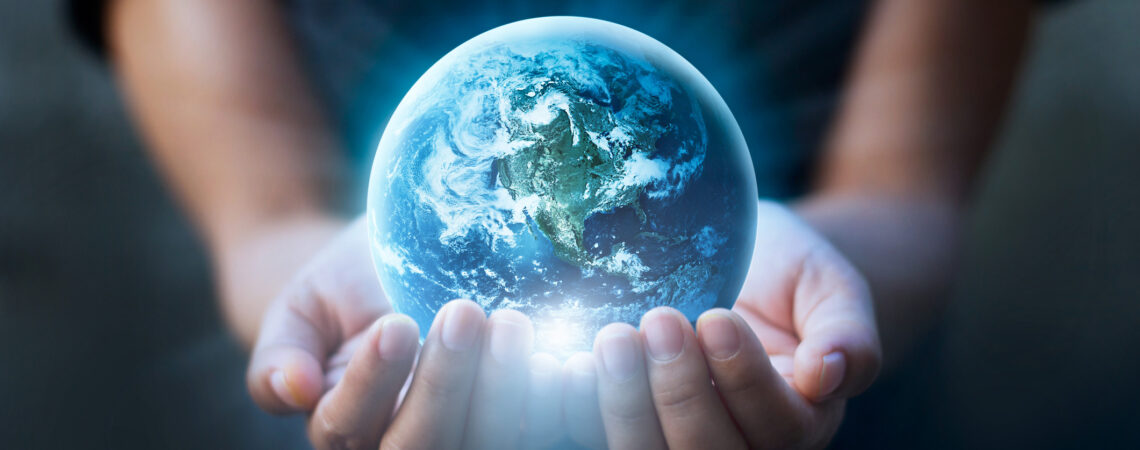
SHA Magazine Health & Beauty
What is eco-anxiety and how to manage it?
The impact of the effects of climate change is increasingly present in society and can lead to a deterioration of physical and mental health.
Climate change, global warming, extreme weather phenomena, reduction of the ecological footprint… If your commitment to caring for the planet and protecting the environment translates into a deterioration of your physical and mental health, it is likely that you are suffering from eco-anxiety. As Cinthya Molina, psychologist at SHA Wellness Clinic, tells us, “the American Psychological Association (APA) defines eco-anxiety as the chronic fear of environmental cataclysm caused by observing the seemingly irrevocable impact of climate change and the associated concern for the future of oneself and future generations. I would say it is more like an acute fear or an intense rational fear of the world coming to an end, caused by the obvious signs of climate change, such as environmental pollution, litter in the oceans, overexploitation of natural resources or rising sea levels. Eco-anxiety is closer to phobias, although these are irrational and climate change has a proven scientific basis. Moreover, this catastrophic feeling is heightened in people who have children because they think more about the future.
Constant overexposure to information, sometimes contradictory, also plays an important role in causing eco-anxiety and obsessive behaviours stemming from the certainty that the future of the Earth is under threat. But, as Cinthya explains, “it’s not so much the information itself, but how it is communicated. There is still a tendency to give fear messages like ‘if you don’t recycle, the world will end’. But that’s not how the human mind works. If you really want a message to get through and have a positive impact, it is better to do it through reinforcement, i.e. “if you do this, you can avoid that”.
Eco-anxiety has the same symptoms as typical mild anxiety, such as stress, problems sleeping, eating and concentrating, nervousness, tension, tiredness, drowsiness, depression or a sense of impending danger. When someone suffering from eco-anxiety does their best to reduce their ecological footprint and do their bit to protect the environment, they feel instantly better because they have a satisfying sense of control. But, as Cinthya explains, “it’s a false sense of control. These people are like obsessives, who think they are going to be constantly contaminated by a virus and are washing their hands all day long. There is no doubt that being involved in the fight against climate change is a positive thing both individually and collectively. Recycling, doing sustainable activities such as creating an urban garden, using non-polluting means of transport such as bicycles and avoiding those that are, such as flying, following a diet based on organic food or making responsible use of water and electricity consumption reinforce the commitment to the planet and reduce anxiety. But be careful, because they can turn into an obsessive-compulsive disorder.





